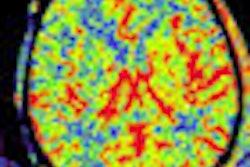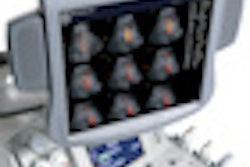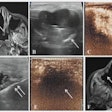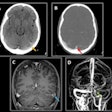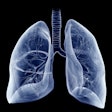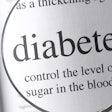
LONDON (Reuters) - Fluctuating levels of serotonin, often brought on when someone hasn't eaten or is stressed, affect brain regions that enable people to regulate anger, scientists said on Thursday.
In a study using healthy volunteers, researchers from Britain's Cambridge University found that when serotonin levels are low, it may be more difficult for the brain to control emotional responses to anger.
Although reduced serotonin levels have previously been linked to aggression, this is the first study to show how this chemical helps regulate behavior in the brain as well as why some individuals may be more prone to aggression.
The researchers behind the work, which was published online September 13 in Biological Psychiatry, hope their findings could help in the search for new treatments for psychiatric disorders where violence and aggression are common symptoms.
For the study, healthy volunteers' serotonin levels were altered by manipulating their diet. On the serotonin depletion day, they were given a mixture of amino acids that lacked tryptophan, the building block for serotonin. On the placebo day, they were given the same mixture but with a normal amount of tryptophan.
The researchers then had volunteers look at faces with angry, sad, and neutral expressions. Simultaneously they scanned subjects' brains using functional magnetic resonance imaging (fMRI), which allowed them to measure how different brain regions reacted and communicated when the volunteers saw angry faces, as opposed to sad or neutral faces.
The results showed weaker communications between the amygdala (the emotional limbic system of the brain) and the frontal lobes when serotonin levels were low, compared to when serotonin levels are normal.
Using a personality questionnaire, the researchers also analyzed which volunteers had a natural tendency to behave aggressively. In these people, the communications between the amygdala and the prefrontal cortex was even weaker following serotonin depletion.
"Although these results came from healthy volunteers, they are also relevant for a broad range of psychiatric disorders," said Luca Passamonti, who worked on the research with colleagues at the Cognition and Brain Sciences Unit of the Medical Research Council in Cambridge.
For example, Passamonti said, patients with a condition known as intermittent explosive disorder (IED) typically can have intense, uncontrollable outbursts of violence which may be triggered by cues such as a facial expression of anger.
"We are hopeful that our research will lead to improved diagnostics as well as better treatments for this and other conditions."
Source: http://bit.ly/nMUsgi
Biol Psychiatry 2011.
Last Updated: 2011-09-15 12:21:14 -0400 (Reuters Health)
Copyright © 2011 Reuters Limited. All rights reserved. Republication or redistribution of Reuters content, including by framing or similar means, is expressly prohibited without the prior written consent of Reuters. Reuters shall not be liable for any errors or delays in the content, or for any actions taken in reliance thereon. Reuters and the Reuters sphere logo are registered trademarks and trademarks of the Reuters group of companies around the world.




